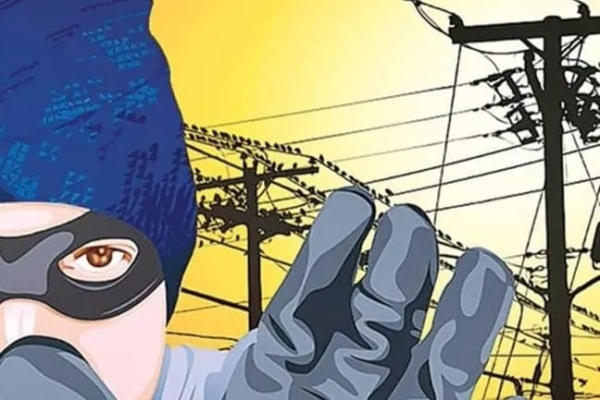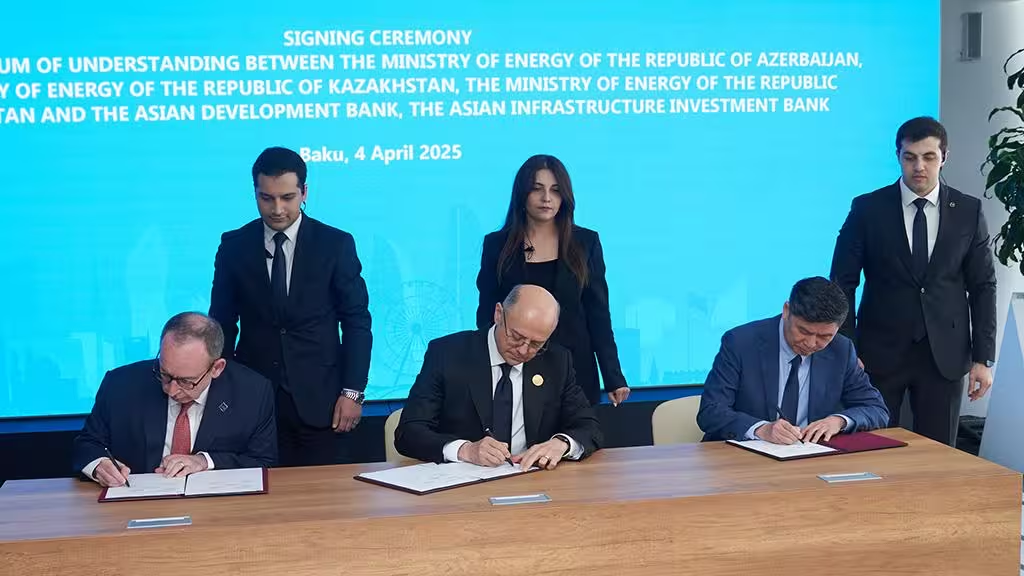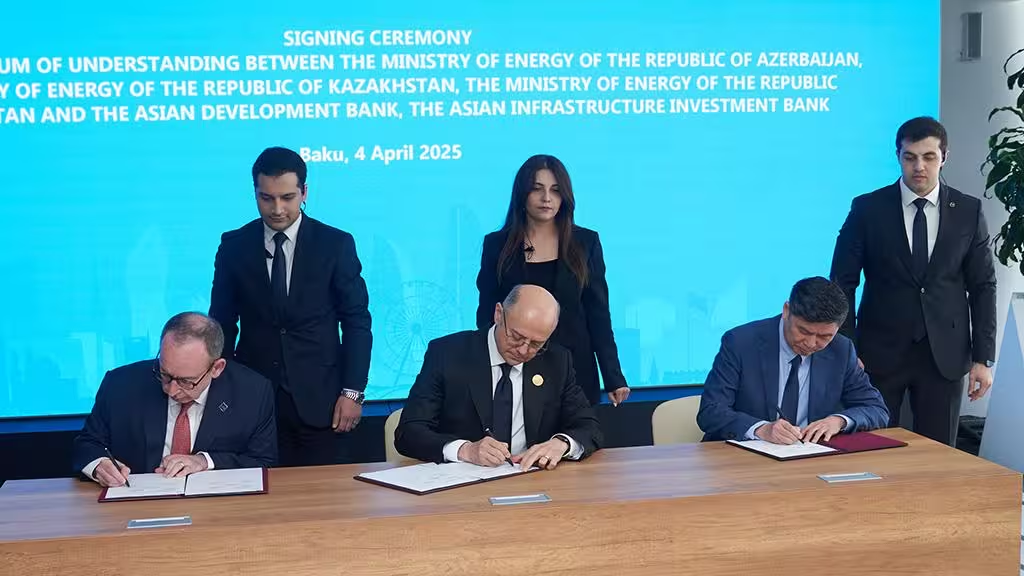
On April 2, Tajikistan’s lower chamber (Majlisi Namoyandagon) of parliament approved amendments to the Criminal Code, which are aimed at strengthening accountability for the illegal use of electricity, the press center of the country’s Ministry of Energy and Water Resources (MoEWR).
The ministry stated that the draft amendments were prepared by the Ministry of Justice based on instructions from President Emomali Rahmon, which he voiced during a government meeting on March 27.
Speaking at that meeting, the president expressed concern over the irrational use of electricity and losses exceeding acceptable norms. He instructed that criminal liability be introduced for the illegal use of electricity and failure to pay for it.
Meanwhile, providing the bill to lawmakers, the Minister of Justice, Muzaffar Ashouriyon, noted that some consumers tamper with meter readings or bypass the meters to avoid paying for electricity.
“As a result, the economic interests of the country suffer serious damage,” said the justice minister.
The approved bill introduces criminal liability for violating rules and norms for electricity usage by amending Article 253 of Tajikistan’s Criminal Code – causing property damage through deception or abuse of trust.
Article 253 (1) of the country’s Penal Code stipulates that altering electricity meter readings or bypassing the meter to avoid payment—if committed within one year of an administrative penalty—will result in criminal punishment: a fine of 365 to 547 calculation units or imprisonment for up to three years. One calculation unit currently equals 75.00 somonis.
Part 2 of the same article stipulates that if the offense is committed on a large scale, by a person using their official position, or by a group acting in conspiracy, the punishment is a fine of 800 to 1,000 calculation units or imprisonment for 3 to 6 years, with an additional ban on holding certain positions or engaging in certain activities for up to 3 years.
Part 3 applies to acts committed on an especially large scale or by an organized group or criminal organization. These offenses are punishable by 6 to 10 years of imprisonment, plus a ban on holding certain positions or engaging in certain activities for up to 5 years.
What are the penalties under the Administrative Code?
The definitions of “large scale” and “especially large scale” are clarified in the commentary to Article 244 of the Criminal Code. “Large scale” refers to property valued at more than 1,000 calculation units; “especially large scale” refers to property valued at more than 2,000 calculation units.
However, if the offender (excluding Part 3 cases) fully compensates the material damage before the court issues a verdict, the court may impose a fine or another non-custodial punishment.
In line with the amendments to the Criminal Code, Article 382 of the Administrative Offenses Code of Tajikistan will be revised.
According to the changes, administrative penalties will apply to:
- Use of electricity without a meter connection;
- Unauthorized connection to power networks and equipment;
- Use of electrical and thermal energy without the necessary monitoring and accounting devices or without a contract with utility providers;
- Tampering with or removing seals on meters, interfering with meter operation externally, and altering readings to avoid payment.
The penalties are:
- For individuals: a fine of 20 to 30 calculation units;
- For officials: 30 to 50 units;
- For legal entities: 200 to 300 units.




